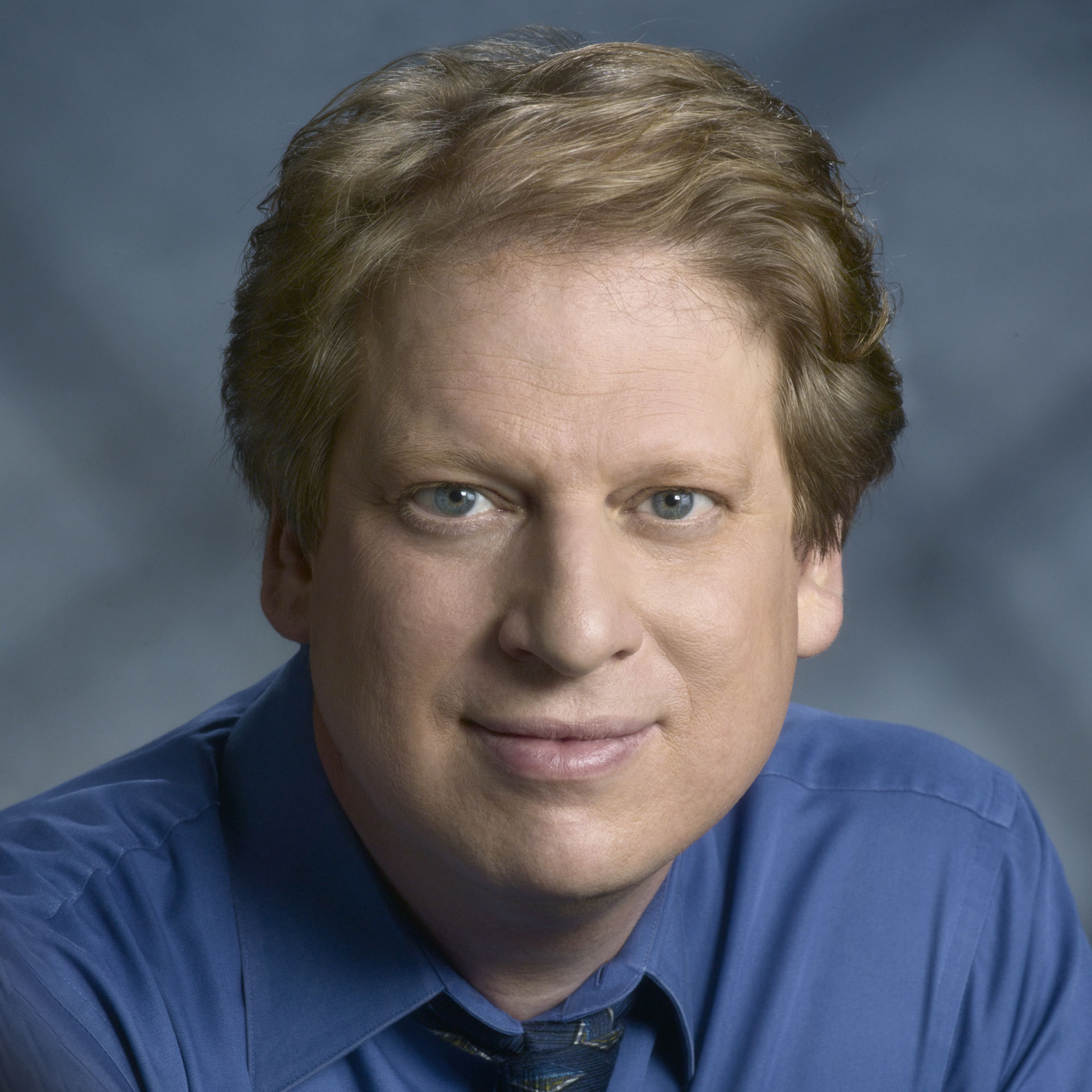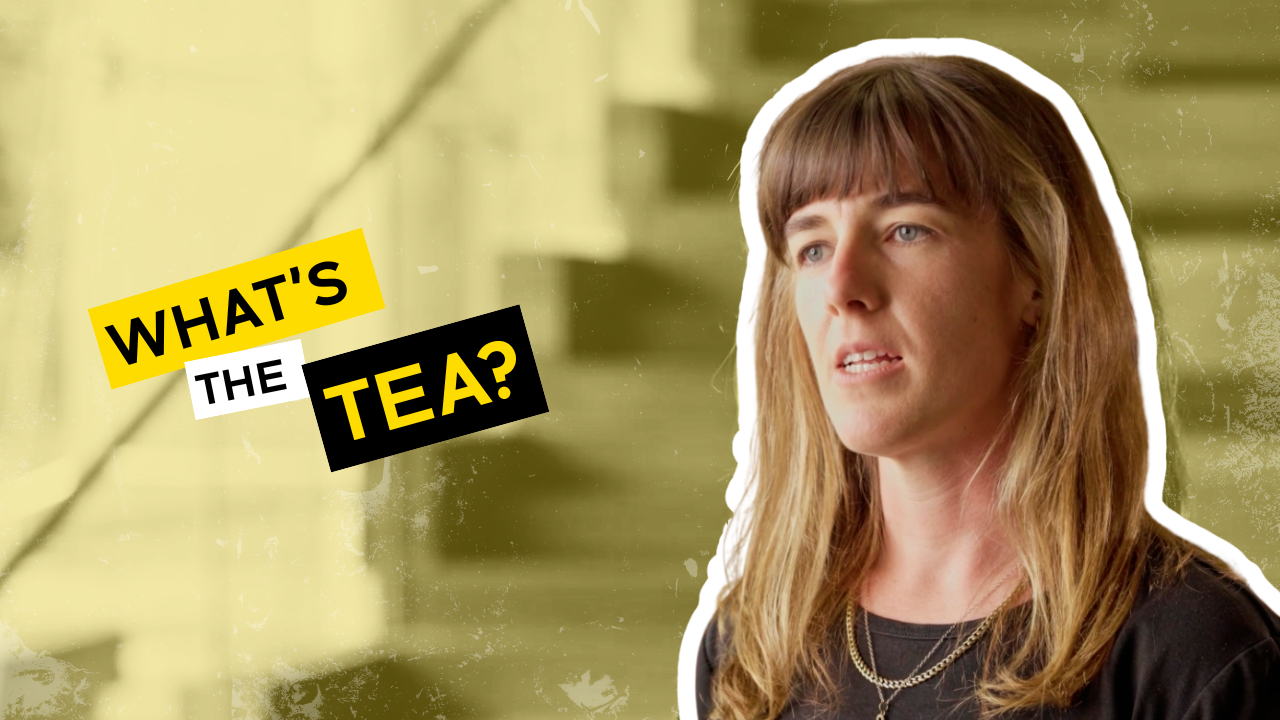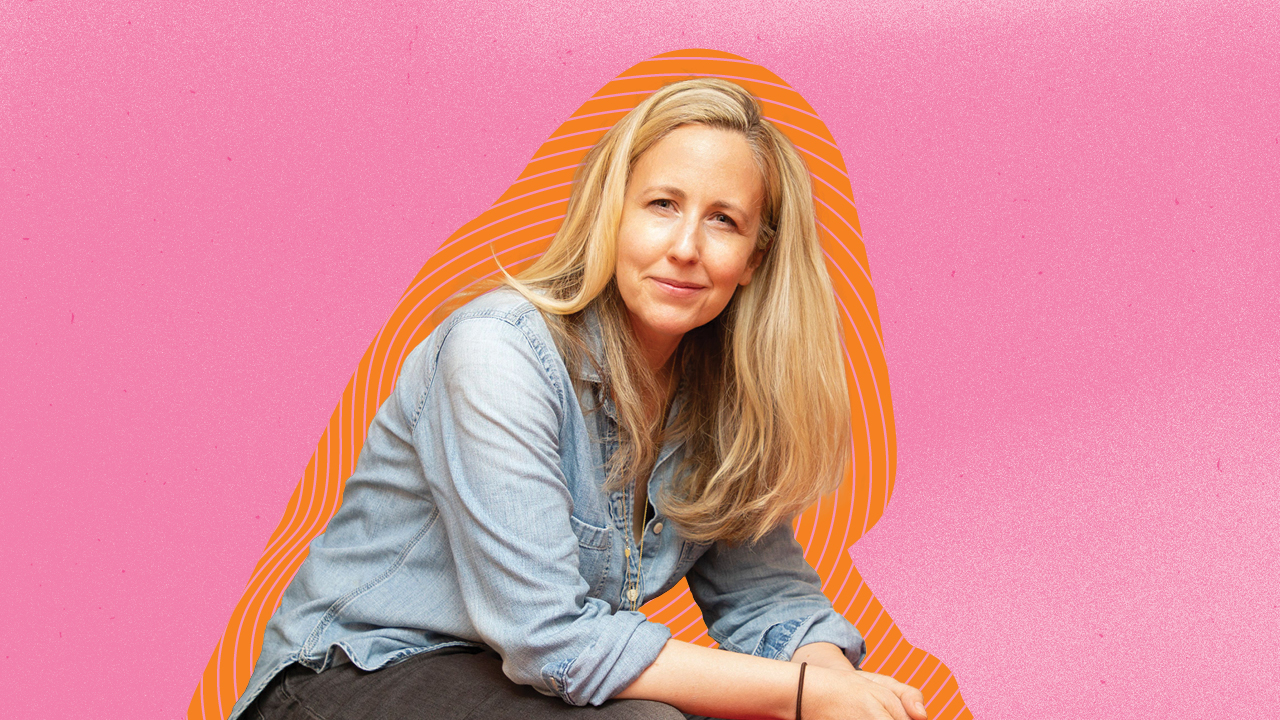Paul Bloom: The pleasures of suffering

People are hedonists, seeking pleasure and avoiding pain. This view is central to much of psychology and it fits many people’s own sense of why they do what they do. But what about our appetites for spicy foods, hot baths, horror movies, sad songs, BDSM, and hate reading?
It turns out that people often seek out pain and suffering—in pursuits such as art, ritual, sex, and sports, and in longer-term projects, such as training for a marathon or signing up to go to war.
Drawing on research from developmental psychology, anthropology, and behavioural economics, Yale Professor of Psychology Paul Bloom argues that these seemingly paradoxical choices show that we are driven by non-hedonistic goals; we revel in difficult practice, we aspire towards moral goodness, and we seek out meaningful lives.
Every religious culture has explained suffering as somehow the will of God and part of the divine plan.
Chaired by Ann Mossop, Director of the UNSW Centre for Ideas.
This event is presented in partnership with the Adelaide Writers' Week.
-
1/3
Paul Bloom
-
2/3
Paul Bloom
-
3/3
Paul Bloom

Paul Bloom
Paul Bloom is a Professor of Psychology at Yale University. He is an internationally recognised expert on the psychology of language, social reasoning, morality and art. His previous books include Just Babies and How Pleasure Works, and he has written for numerous publications, including The New York Times, New Yorker and The Guardian. Bloom has won several awards for his research, articles and teaching, and his ‘Introduction to Psychology’ class was one of seven selected by Yale to be made available worldwide. His TED talks have been viewed 2.8 million times.




